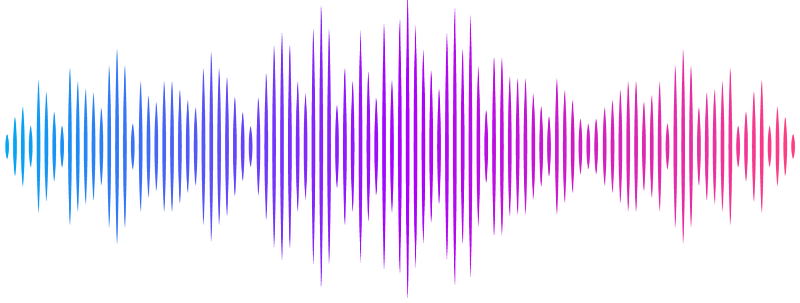The IQGAP-related RasGAP IqgC regulates cell-substratum adhesion in Dictyostelium discoideum

The IQGAP-related RasGAP IqgC regulates cell-substratum adhesion in Dictyostelium discoideum
Mijanovic, L.; Putar, D.; Mimica, L.; Klajn, S.; Filic, V.; Weber, I.
AbstractProper adhesion of cells to their environment is essential for the normal functioning of single cells and multicellular organisms. To attach to the extracellular matrix (ECM), mammalian cells form integrin adhesion complexes consisting of many proteins that together link the ECM and the actin cytoskeleton. Similar to mammalian cells, the amoeboid cells of the protist Dictyostelium discoideum also use multiprotein adhesion complexes to control their attachment to the underlying surface. However, the exact composition of the multiprotein complexes and the signaling pathways involved in the regulation of adhesion in D. discoideum have not yet been elucidated. Here we show that the IQGAP-related protein IqgC is important for normal attachment of D. discoideum cells to the substratum. Mutant iqgC-null cells have impaired adhesion, whereas overexpression of IqgC promotes directional migration. A RasGAP C-terminal (RGCt) domain of IqgC is sufficient for its localization in the ventral adhesion focal complexes, while RasGAP activity of a GAP-related domain (GRD) is additionally required for the proper function of IqgC in adhesion. We identify the small GTPase RapA as a novel direct IqgC interactor and show that IqgC participates in a RapA-regulated signaling pathway targeting the adhesion complexes that include talin A, myosin VII and paxillin B. Based on our results, we propose that IqgC is a positive regulator of adhesion, responsible for the strengthening of ventral adhesion structures and for the temporal control of their subsequent degradation.
